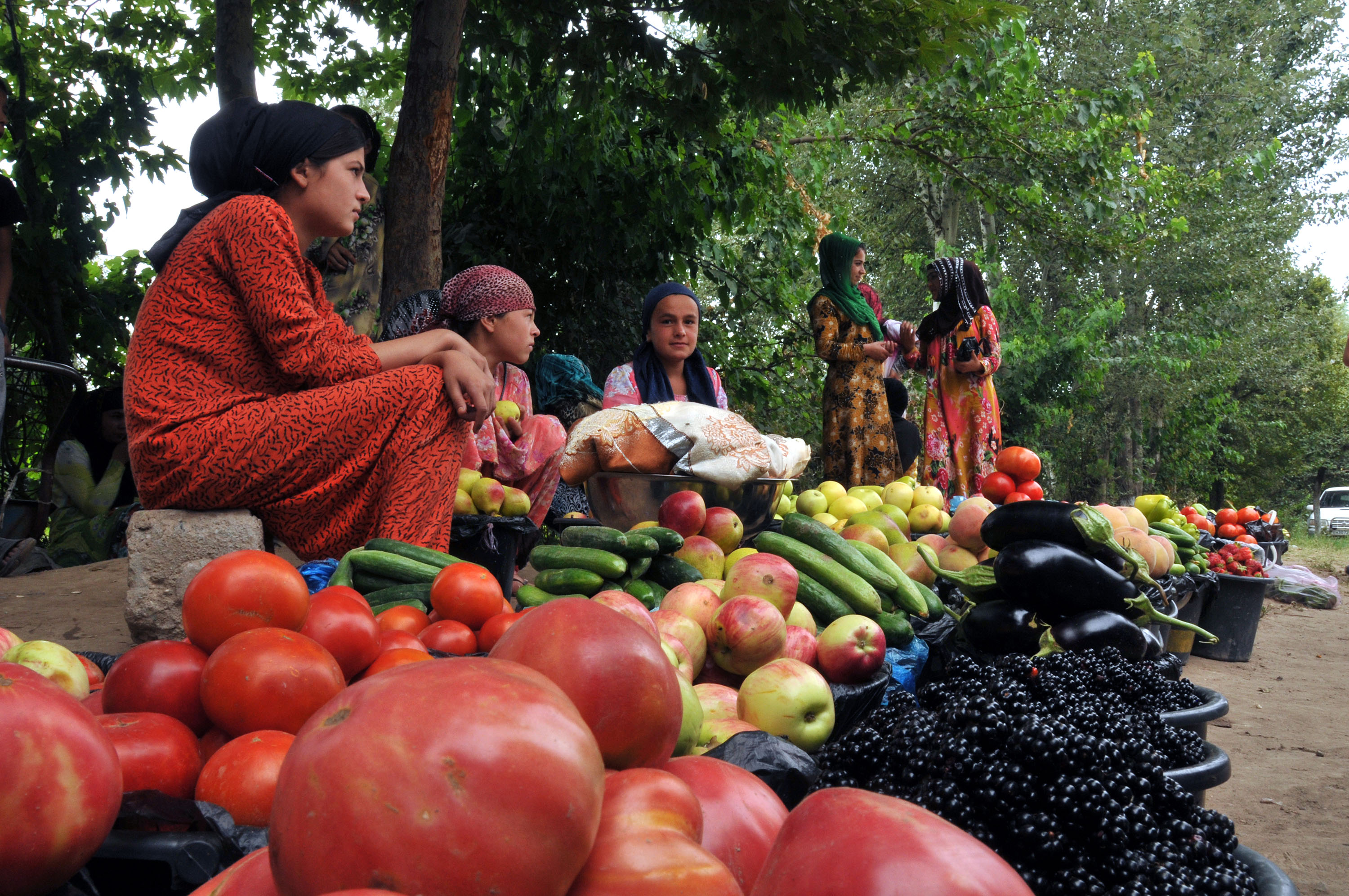Situation in Tajikistan

In 2006, Tajikistan ratified the Stockholm Convention on Persistent Organic Pollutants. The Stockholm Convention provides general guidance on designing the measures to implement priority actions on environmental health issues, legislation, national development plans, political and strategic decisions of the Government of the Republic of Tajikistan. To implement the provisions of the Convention in Tajikistan, a state institution was established by the Government of Tajikistan – the “Center for the fulfillment of obligations of the Stockholm Convention on Persistent Organic Pollutants".
The Government of Tajikistan ratified the Stockholm Convention in 2006 and the Basel Convention in 2017, but some international agreements related to the Stockholm Convention have not yet become a part of national legislation.
An important factor in ensuring the fulfillment of the obligations assumed by Tajikistan under the Stockholm Convention is the system of national and sectoral programmes, concepts and strategies that set the priorities, goals and objectives of the state policy for improving environmental safety: the National Development Strategy of Tajikistan until 2030, the Mid-term Development Programme for 2021-2025, the Concept of Environmental Protection of the Republic of Tajikistan, and the State Environmental Program for 2009-2019.
The main institutions involved in pesticides management at national level are the Ministry of Agriculture, the Committee for Food Security, the Committee on Environmental Protection, and the Ministry of Economic Development and Trade. There is a need to improve capacity on the control of imported pesticides, health and environmental incidents, and pesticide residue monitoring in food to protect consumer health. Pesticide importers and traders do not have product stewardship programmes in place, i.e. offering less hazardous formulations, taking back used pesticide containers, or training pesticide users in handling practices or triple rinsing of empty containers.
Tajikistan indicated in 2019 that it will need support to rebuild its pesticide registration system. A review of the state of the existing system was undertaken in 2020 and a draft report with recommendations elaborated.
Ongoing activities in Tajikistan
Component 1
- Implement Rapid Environmental Assessment of contaminated sites
- Development plans for soil cells and construction of soil cells at Vakhsh landfill
- Conduct excavation in Jamoat Panj (in Jayhoon region)
- Development of CMS pilot activities
- Assessment of cement kiln facilities as a disposal option
Component 2
- Developing a pesticide registration system in Tajikistan based on the current baseline assessment and gap definition
- Improving spraying operations
- Development of National Plan to reduce risks from HHPs
Component 3
- Providing support to development of national IPM action plan
- Implementation of IPM trials
Key results so far in Tajikistan
National obsolete pesticides inventory updated
Construction of obsolete pesticides store at Vakhsh landfill started
Detailed site assessment of the mini-landfill in Jamoat Panj updated in preparation of remediation
Four public seminars on risks by mini-landfills held
National working group on empty container management established
Pesticide management legal framework assessed
HHP baseline assessment done
IPM: In potato, pesticide use could be reduced by 30 %

